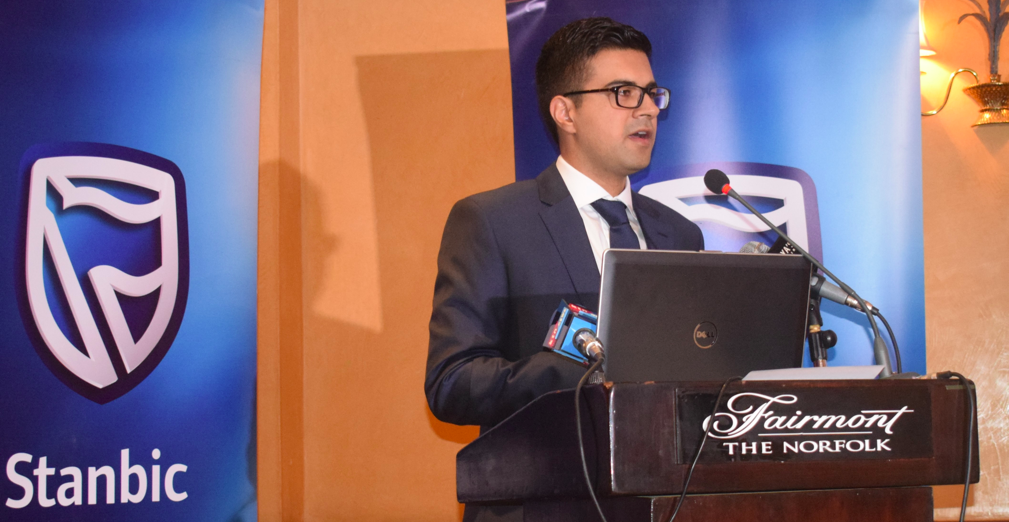Business conditions across the private sector improved in June according to survey data from the Stanbic Bank Purchasing Managers’ Index.
The survey indicates that greater output requirements resulted in companies employing more staff. On the other hand, input cost inflation reduced to the lowest level since October 2017 while output charges increased at a marked pace.
Regional Economist East Africa at Stanbic Bank Jibran Qureishi said:
“The private sector remains on a promising trajectory. In fact, the proposal in the FY2018/19 budget to repeal the interest rate capping law was a welcome development and indeed subject to approval by Parliament, will unleash some much-needed private sector driven stimulus to the economy.”
“Furthermore, while the portfolio investor community was clearly pleased with the government’s plan to consolidate public finances, there are still uncertainties as most of this consolidation is really banking on very ambitious revenue assumptions.”
Positive Growth in the Private Sector
According to the survey, the Purchasing Managers’ Index (PMI) reading of more than 50.0 indicating improved business conditions.
The PMI dropped from 55.4 in May to 55.0 in June and although it was the lowest reading since February, it showed a significant improvement in Kenya’s private sector environment.
The improvement was as a result of increased business activity during June. The rate of growth was also strong with increasing inflows of work and strong demand conditions.
New export orders surged in June thanks to huge demand for Kenyan goods and services from international markets. In addition, companies in the private sector employed more people thanks to stronger demand conditions and higher output requirements extending the present continuous growth in the jobs sector to seven months.
Pre-production inventories also increased due to rising purchasing activity. Moreover, the private sector in Kenya experienced greater buying costs during June.




